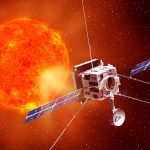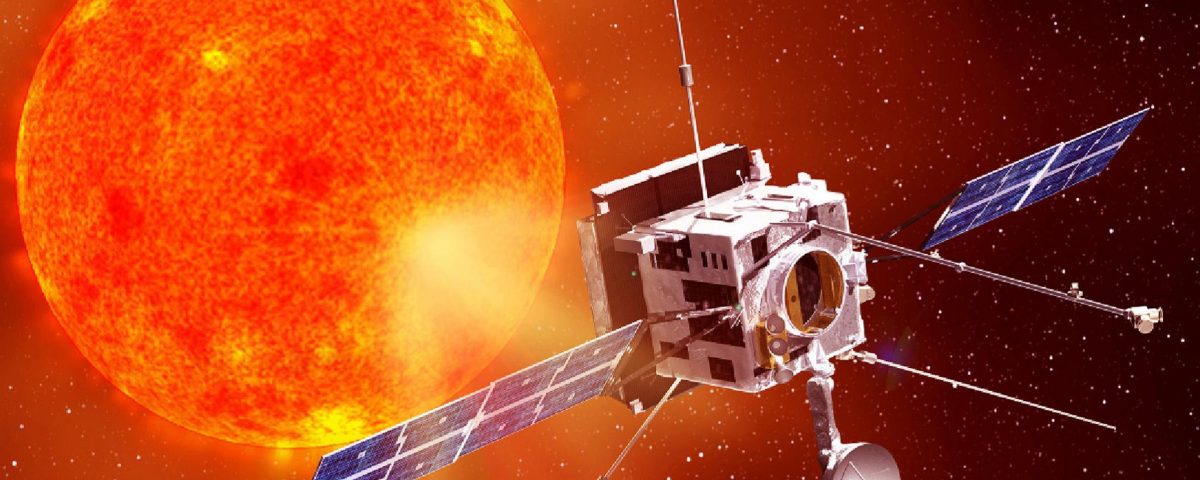
Job ID: SRE-114
Deadline: 8 July 2015
Aurora is an established supplier of skilled manpower to ESA and in particular at ESTEC and ESAC. Aurora has the opportunity to expand our support within the Science and Robotic Exploration Directorate (D/SRE). Aurora currently has a team of 20 engineers and scientists at ESAC.
Overview
The work is to provide a number of specialised services to support ESA in developing the Solar Orbiter mission’s Science Operations Centre (SOC) at ESAC. This covers software design, definition, implementation and maintenance service support to Solar Orbiter Science Ground Segment (SGS) development, operations and maintenance at ESAC, including the science operations planning system, the low-latency data generation and visualization system, the auxiliary data products generation system and also supports the archiving of science data products.
Solar Orbiter is the first of the medium size missions in the ESA’s Cosmic Vision Science Programme, developed in collaboration with NASA. It is a solar observatory carrying 10 instruments provided by Principal Investigators: 6 remote sensing instruments (an EUV telescope, a polarimetric telescope, an X-ray telescope, a coronagraph, an heliospheric imager, and a spectrometer) and 4 in-situ instruments (magnetometer, radio and plasma waves, energetic particle detector and a solar wind analyser). The primary goal of the mission is to operate the whole payload in a coordinated way to address some of the outstanding scientific questions on the relationship between the Sun and the heliosphere. The spacecraft is expected to be launched in July 2017, and after a 3 month commissioning phase it will cruise for 3.5 years until the proper orbital geometry is achieved. The nominal mission is expected to last 3.5 years more with a post operations phase of 2 additional years.
The Solar Orbiter SOC at ESAC is responsible for the development of the SGS following the Science Implementation Requirements provided by the Project Scientist which covers all the operational activities originating from the mission science objectives defined by the Science Working Team (SWT), including interactions with the Instrument Teams and the Mission Operations Centre (MOC) at ESOC. Operational activities for Solar Orbiter cover coordination of science operations for the cruise and nominal phases of the mission, generation of specific quick turnaround “low latency” data products, production of auxiliary data to support operations, as well as the archiving of Principal Investigator (PI) provided science data products.
Interaction is expected with the members of the Solar Orbiter Data Analysis Working Group (DAWG) and with software engineers in the PI teams. Frequent interactions are expected to take place with the SOC manager, the SOC team members and within the team working on Solar Orbiter. Also, frequent interactions are expected to take place with the Computers Support Group (CSG) and the Science Archives Team (SAT) at ESAC.
The job is intended to provide a number of specialised services to support ESA in developing science operations systems and tools, including:
- System engineering and architectural design activities, including operating plans and procedures,
- Designing, developing, implementing, testing, deploying, operating and maintaining software tools and systems, e.g.:
- Observation proposal handling, mission planning and quick-look systems, parts of which may be distributed to the community
- User support tools
- Interactive analysis and calibration systems, to be distributed -as needed- to the community for data reduction and analysis
- Data processing pipelines
- Scientific data archives and interfacing these to the Virtual Observatory (VO).
- Scientific and technical WWW systems to support the SOC, SGS and the scientific community
- Contribute to the definition of Interface Control Documents (ICD’s) and file interchange formats with external coordination units
- Organise and perform end to end system testing with the scientific communities
- Contribute to the maintenance of the overall system, including configuration control and versioning
Specific Service Tasks
As part of the service the following main activities will have to be carried out:
a) Generic tasks native to Software Development and Maintenance:
- Develop and maintain modules, applications and tools specific to product generation framework and quality control framework
- Ensure timely delivery of SW releases and relative increments
- Perform SW architectural design as needed
- Prepare and maintain SW documentation.
- Develop and maintain unit test harnesses
- Report on progress and problem areas
- Participate in the Configuration Control Boards applicable to the development
- Following-up and tracking the correction and resolution of problem reports
- Implement approved software enhancement requests
b) Tasks specific to Support of Solar Orbiter SOC Development and Maintenance:
- Develop, implement and maintain the science operations planning system.
- Develop, implement and maintain a low latency data production system integrating data processing pipelines supplied by the Principal Investigators.
- Develop, implement and maintain the auxiliary data productions system.
- Support the archiving of science data products provided by the Principal Investigators.
- Organise development tasks as needed.
c) Tasks specific to validation and operation of the Solar Orbiter SOC system:
- Deploy and configure new versions of the SOC subsystems.
- Test and validate new deliveries of software, including regression testing.
- Test and validate external deliveries of data processing pipelines.
- Report on progress and problem areas.
- Participates in the Configuration Control Boards applicable to the development and maintenance.
- Communicate with SOC team at ESAC and experts in the Principal Investigator teams.
Specific qualification requirements
University degree (preferably Masters) in a scientific or technical subject.
Relevant professional experience of at least 5 years in software development.
In particular, possess the following experience, knowledge and proficiency in:
- ECSS standards for software development.
- Software architecture and design.
- Ability to understand the different subsystems as a whole (integrated systems).
- Virtual machine management and configuration.
- Software repositories (Subversion, GIT…).
- Databases and data processing.
- Scientific data formats used by the Heliophysics and Space Physics communities (FITS, CDF…).
- Data processing pipelines in solar system or astronomy space projects.
- Modern programming languages (C/C++, Java, Python…).
- Scripting languages.
- Operating system in common use in Heliophysics and space science (linux/Unix/MacOS, Windows).
- Coordination of a small team of software developers.
In addition:
- Experience interacting with the science community would be an advantage.
- Applicants must be willing to render the service in a team environment.
- Applicants must be willing to travel.
- Good interpersonal and communication skills are an advantage.
- Applicants must be comfortable in an international working environment
- Be fluent in written and spoken English one of the official languages of ESA.
Legal and Security Requirements
- All applicants must be legally allowed to work in Spain without the need to obtain a work visa. Only European Union citizens can be employed by Aurora in Spain.
- Applicants are required to provide a copy of their passport and degree certificate. Aurora will validate the Degree with the issuing University and provide evidence to ESA.
- Prior to issuing a letter of employment the applicant shall provide to Aurora a recent official document declaring that they are of good conduct from the country where currently resident.
Location
The work will be performed at the ESAC, the European Space Astronomy Centre, at Villafranca del Castillo, near Madrid, Spain.
Contract
- You will be registered for both social security and tax in Spain.
- The standard working hours are 40 per week. There are 12 public holidays and an additional 29 annual days holiday.
- In addition to public health services Aurora provides private medical insurance in Spain.
- Training to improve efficiency and provide strength for future career are of course included.
- Aurora can assist financially and provide recent experience information for relocation.
To be considered for this Position
Provide by 8 July 2015 a detailed
Recruitment Form which ends in a motivation letter to Mr. Alex Jeanes, at email alexjeanes@aurora.nl quoting reference SRE-114. Note it is also possible to send a preliminary motivation letter and CV for initial evaluation.
Aurora will agree conditional employment terms and conditions with candidates before presenting their detailed technical proposal and candidates to ESA.

